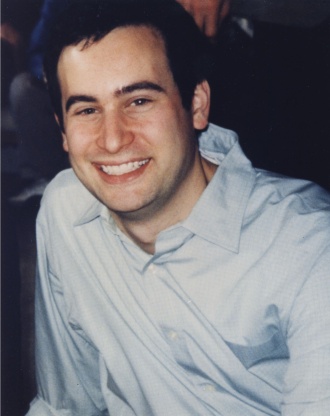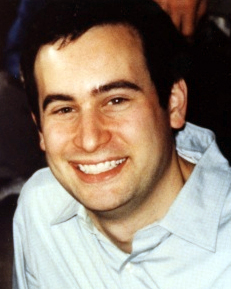

Unable to ignore the gaps in the case, Pip sets out to prove Sal’s innocence, beginning with interviewing his younger brother, Ravi. Andie’s body was never recovered, and Sal was assumed by most to be guilty of abduction and murder. The original investigation concluded with most of the evidence pointing to Sal, who was found dead in the woods, apparently by suicide. For her senior capstone project, Pip researches the disappearance of former Fairview High student Andie, last seen on April 18, 2014, by her younger sister, Becca. Pip has known and liked Sal since childhood he’d supported her when she was being bullied in middle school. There’s not much plot here, but readers will relish the opportunity to climb inside Autumn’s head.Įveryone believes that Salil Singh killed his girlfriend, Andrea Bell, five years ago-except Pippa Fitz-Amobi. Even secondary characters are well-rounded, with their own histories and motivations. Autumn’s coming-of-age is sensitively chronicled, with a wide range of experiences and events shaping her character. But on August 8, everything changes, and Autumn has to rely on all her strength to move on. In the summer after graduation, Autumn and Finny reconnect and are finally ready to be more than friends. Growing up, Autumn and Finny were like peas in a pod despite their differences: Autumn is “quirky and odd,” while Finny is “sweet and shy and everyone like him.” But in eighth grade, Autumn and Finny stop being friends due to an unexpected kiss. They drift apart and find new friends, but their friendship keeps asserting itself at parties, shared holiday gatherings and random encounters. The finely drawn characters capture readers’ attention in this debut.Īutumn and Phineas, nicknamed Finny, were born a week apart their mothers are still best friends. No story here will raise a blush-there’s no explicit sex-but this emotionally spicy collection will inspire identification, compassion and hope in readers queer or not. Bisexual-themed content is under-represented, but transgender voices emerge strong. But now they leave the house in couplets. Isn’t it funny how, like, last week I was thinking about coming out to him and then BAM! he finds out)” to startlingly poetic (“My poems used to be shy they used to stand in front of the mirror / and complain about their bloated syntax and pimpled thematic structure. Voices range from vernacular (“My dad found out I’m gay.

A femme gay boy supplies tampons to girls at school.

A queer Christian woman fights and preaches and waits until she can be ordained in the United Methodist Church. Subjects include first love and first breakups, and relating to parents, siblings, friends and God. Forty essays by 13- to 23-year-olds range from sweet to salty to bitter-the flavors of growing up gay, lesbian or transgender in the contemporary world.


 0 kommentar(er)
0 kommentar(er)
